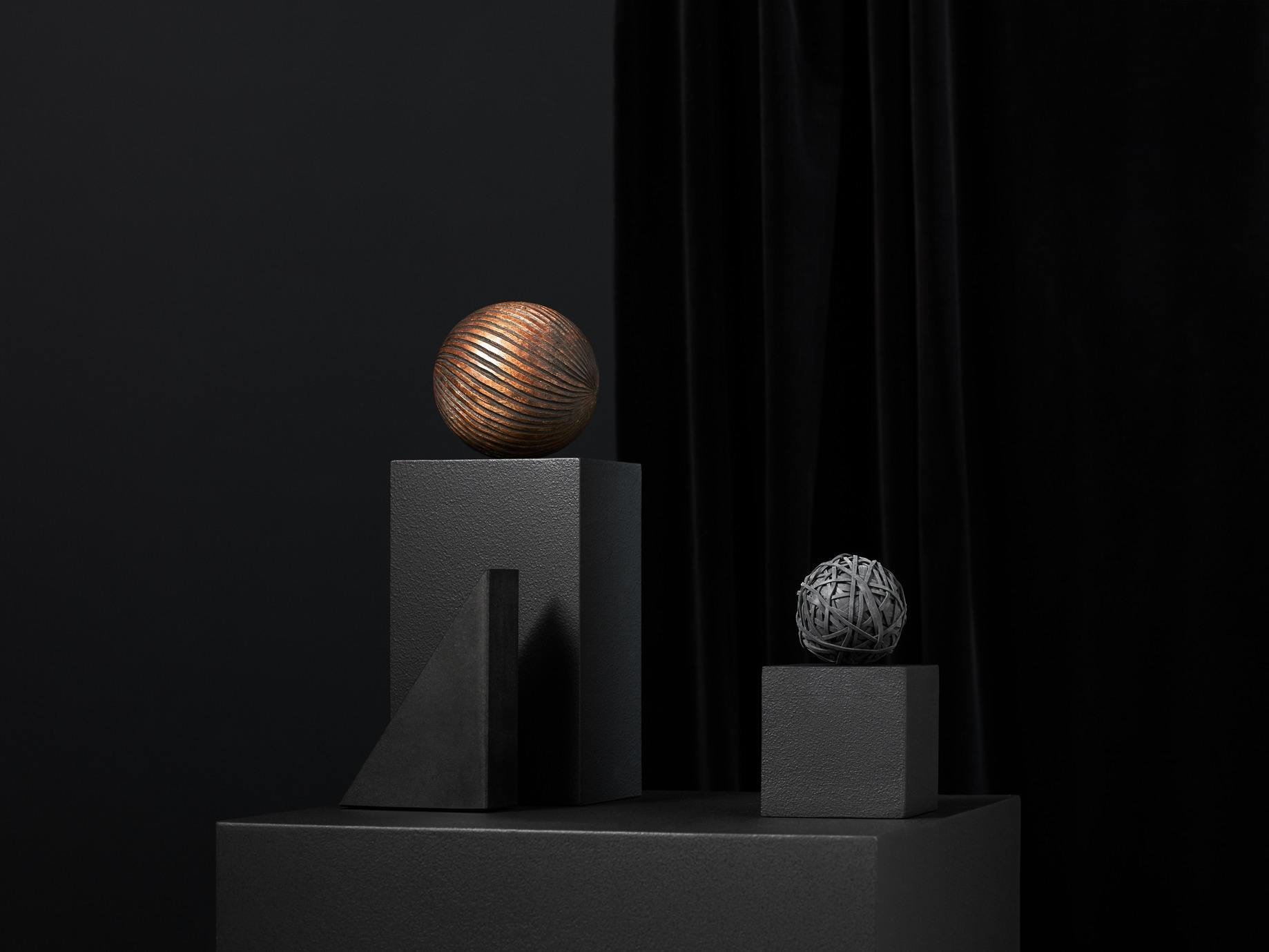My practice is deeply rooted in neurodiversity-affirmative principles, recognizing that being Attention-Deficit/Hyperactivity neurotype (commonly known as ADHD, but the second ‘D’ is pathologizing so we prefer to avoid it when we can) is a valuable and integral aspect of human diversity. ADH is a neurotype characterized by an interest-driven nervous system and challenges with shifting attention, which can affect various areas of life, such as academics, work, relationships, and self-esteem. ADHdoesn’t require or have a cure. The difficulties faced by those with ADH often stem from a society that isn’t designed for neurodivergent minds, rather than from any inherent deficit within the condition itself. The term "Attention-Deficit/Hyperactivity Disorder" is both problematic and misleading, as it fails to capture the reality of this neurotype, which can include hyperfocus and, less frequently, outward hyperactivity. Moreover, the name overlooks the unique blend of strengths, advantages, and challenges that come with identifying as ADH. Nevertheless, individuals with ADH can still benefit from different strategies to adjust their lifestyle to better suit their neurotype. Common challenges for ADH individuals:
Difficulty Sustaining Attention
Easily Distracted
Forgetfulness
Task Avoidance
Careless Mistakes
Restlessness
Excessive Talking
Impulsive Decisions
Difficulty Making Decisions
Cluttered Home or Workspace
Difficulty with Time Management
Hyperfocusing on one task for long periods of time
Perfectionistic Tendencies
Psychotherapy can be an important part of managing ADH, particularly for those who prefer non-medication approaches or want to complement their medication regimen for better symptom control. Therapy for ADH focuses on helping individuals develop coping mechanisms, improve executive functioning, and address any co-occurring mental health issues like anxiety or depression.
ADH in women is often underdiagnosed because the symptoms can present differently compared to men. Women with ADH may experience internal struggles that are less visible, such as difficulties with concentration, procrastination, feeling emotionally overwhelmed, and forgetfulness. Unmanaged ADH in women can increase the risk of both mental and physical health issues compared to neurotypical women. Without proper management, ADH can lead to additional challenges, including depression, anxiety, low self-esteem, relationship difficulties, and an increased likelihood of substance use.
Whether you have confirmed identification with ADH, have self-diagnosed (which is absolutely valid) or suspect you may have this neurotype, I am here to support you. I work with women who are navigating ADH, and I also offer collaborative identification for adults who are unsure if they qualify or need documentation for workplace or school accommodations or for medication management with a psychiatrist.
What many people don’t realize is that the ADH neurotype, when well-managed, comes with a range of strengths. Research shows that individuals with ADH are often highly creative, resourceful, emotionally attuned, problem solvers, and adaptable to change. Therapy can help identify these strengths and leverage them to move from merely surviving to truly thriving.
In sessions, I can help you explore and understand your unique challenges as well as cultivate self-acceptance of your neurotype. We can work together to see what’s working and what’s not, and learn to structure your environment in ways that suit your brain. We also want to focus on regulating your emotions to enhance your overall functioning, strengthen your relationships, and lead a more fulfilling life.



